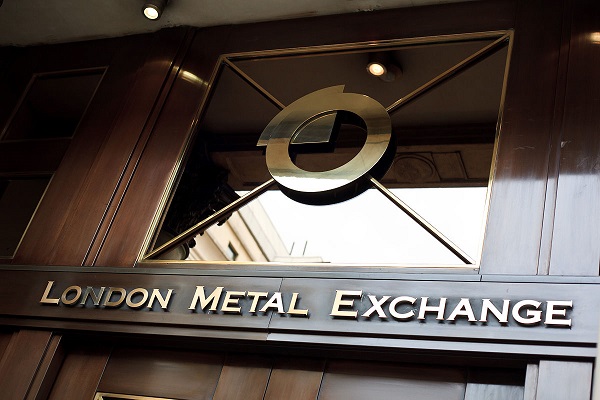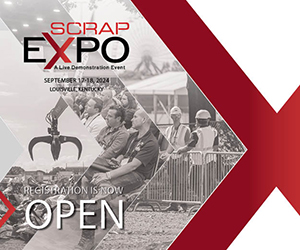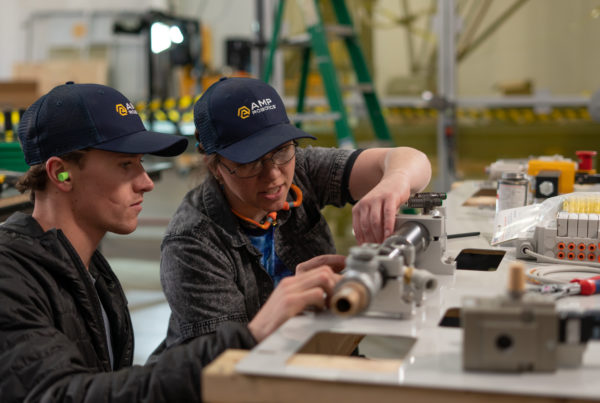ISRI’s Nonferrous Division submits comments regarding LME Discussion Paper on Market Structure
This week’s Industry Voices is a letter from ISRI’s Nonferrous Division submitting comments regarding the London Metal Exchange (LME) Discussion Paper on Market Structure. The letter is addressed to Matthew Chamberlain, chief executive officer of LME.
Dear Mr. Chamberlain,
On behalf of the Institute of Scrap Recycling Industries’ Nonferrous Division, I respectfully submit the following comments regarding the LME Discussion Paper on Market Structure (January 2021). ISRI is the trade association that represents approximately 1,300 member companies that process, broker, and industrially consume recyclable commodities including ferrous and nonferrous metals, paper, plastics, glass, textiles, rubber, and electronics. ISRI estimates the U.S. scrap recycling industry processed more than $45 billion worth of recycled metals in 2020, including nearly $18 billion of scrap metal exported to approximately 100 countries around the world. My company, Intra American Metals (Intrametco), provides trading, logistics, capital, toll conversion, and risk mitigation services.

ISRI members depend on the LME and other commodity exchanges to provide market transparency and help mitigate the risks associated with processing, trading, brokering, and consuming a wide range of nonferrous and ferrous metals. ISRI Nonferrous Division members have expressed the following concerns regarding the proposed changes contained in the Discussion Paper:
- While ISRI Nonferrous Division members have voiced their appreciation for the tradition and function of the physical ring/open outcry, a number of members have expressed their adamant opposition to any changes that will affect the ability of LME member dealers to extend credit lines. The impact of the credit issue is potentially very large for ISRI members in aggregate.
- In particular, drawbacks related to the change from a discounted contingent variation margin system to a realized variation margin system include potential mismatches between physical hedges and the exposure of the LME contracts, with implications for collateral and credit lines.
- Nonferrous Division members are also concerned that the proposed changes will result in increased transaction costs and brokerage fees, which in turn will inhibit scrap recyclers’ ability to hedge their price risk exposure, particularly for small and medium sized businesses.
- In addition, increased electronic trading could be detrimental for manufacturers, scrap dealers, and other market participants that deal in physical metal given the time it takes to collect, process, manufacture, or move real metal.
- On a related note, members have expressed concern that the move to 24 hour electronic LME trading will shift market control from physical market participants to commodity traders, compounding traders’ undue market influence and opportunities for market manipulation.
Please also note that ISRI members have expressed a variety of viewpoints on these proposed changes, including optimism that the LME’s management will incorporate input from your customers and brokers to ensure that credit is available to customers who need it. ISRI members have also expressed support for LME changes that will increase pricing visibility and transparency.
Thank you for your consideration of ISRI’s input to your decision-making process. If you have any questions or concerns please do not hesitate to contact me. We look forward to future collaboration between ISRI and the LME on these and other matters.
Sincerely,
Christine Gneiding
ISRI Nonferrous Division Chair









